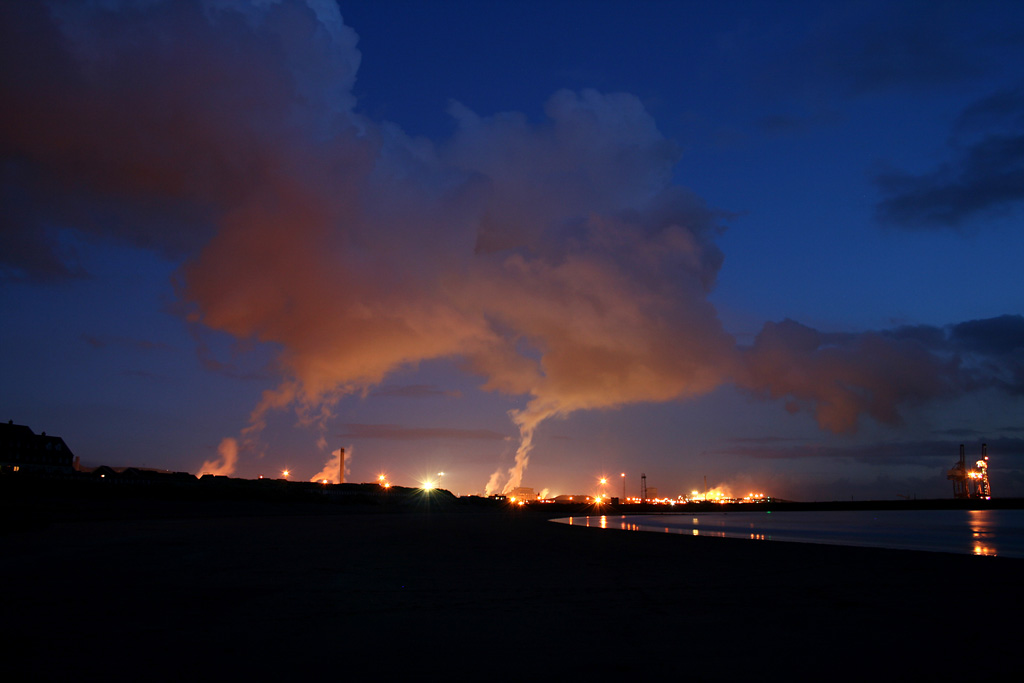 The National Assembly's Environment and Sustainability Committee has called for the Environment (Wales) Bill to be strengthened with extra provisions for the protection of biodiversity, and to ensure that progress can be measured.
The National Assembly's Environment and Sustainability Committee has called for the Environment (Wales) Bill to be strengthened with extra provisions for the protection of biodiversity, and to ensure that progress can be measured.
Alun Ffred Jones AM, Chair of the Committee, said:
"The Bill is welcome in terms of its attempt to create a better framework for managing our natural resources in Wales. However, we don't think it does enough, as currently drafted, to significantly halt the loss of biodiversity in Wales.
"A key element in ensuring that the framework provided by this Bill succeeds is to ensure that we can measure the impact it is having. We've asked for policies and reporting duties to be linked to a list of priority species and habitats so that progress can be monitored in this crucial area."
The Committee also makes an important recommendation about the general purpose of Natural Resources Wales.
Alun Ffred Jones, Chair of the Committee, says:
"Since its creation, stakeholders and even some of its staff have struggled to understand NRW's purpose.
"We believe that our recommendation, to link NRW's principle objective to the 'Resilient Wales' well-being goal, will bring much-needed clarity to NRW and its stakeholders."
In addition to proposing changes to how natural resources are managed, the Bill seeks to introduce laws in a range of other areas, including climate change, waste management, shellfisheries and marine licencing.
On climate change, the Committee welcomes the introduction of a 2050 target for the reduction of greenhouse gas emissions.

The Chair said:
"We are pleased that Wales has joined Scotland and the United Kingdom in legislating for an 80% reduction in greenhouse gas emissions by 2050.
"There are aspects of this approach that should be strengthened through the amending stages. In particular, we'd like to see a power included to allow Welsh Ministers to increase the target if emerging science indicated that this is necessary."
On waste, the Committee recommended that the existing single-use carrier bag charging scheme should remain as it is, but that any new charge (e.g. for 'bags for life') should ensure proceeds are directed to environmental causes and to charities operating in Wales.
It also called on the Government to work with businesses that will be affected by proposals to ban certain materials from incineration and food-waste from sewers.
As well as drawing conclusions in relation to the policy areas covered by the Bill, the Committee expressed some concern about the breadth of issues contained in the Bill and the way in which legislative consent was sought, and not given, for a section of the Environment (Wales) Bill.
In agreeing with the general principles of the Bill, the Committee says it is unfortunate that the issue of consent concerning biodiversity targets for local authorities was not resolved before the Bill was introduced.
It has called for the publication of correspondence between the Welsh Government and the UK Government on the issue to be released to the general public.
The Committee recommends that if consent is not granted before the end of the Assembly's consideration of the Bill, it should be amended so that the biodiversity duty only applies to devolved Welsh public bodies.
The Environment (Wales) Bill will now be debated by the full Assembly on 20 October 2015 before a vote is taken on whether or not it should progress to the next stage of the Assembly's law-making process.
Environment (Wales) Bill - Committee Stage 1 Report
Images: Kris Williams (Flickr), Bear Faced (Flickr) and John McGarvey (Flickr) under Creative Commons.

